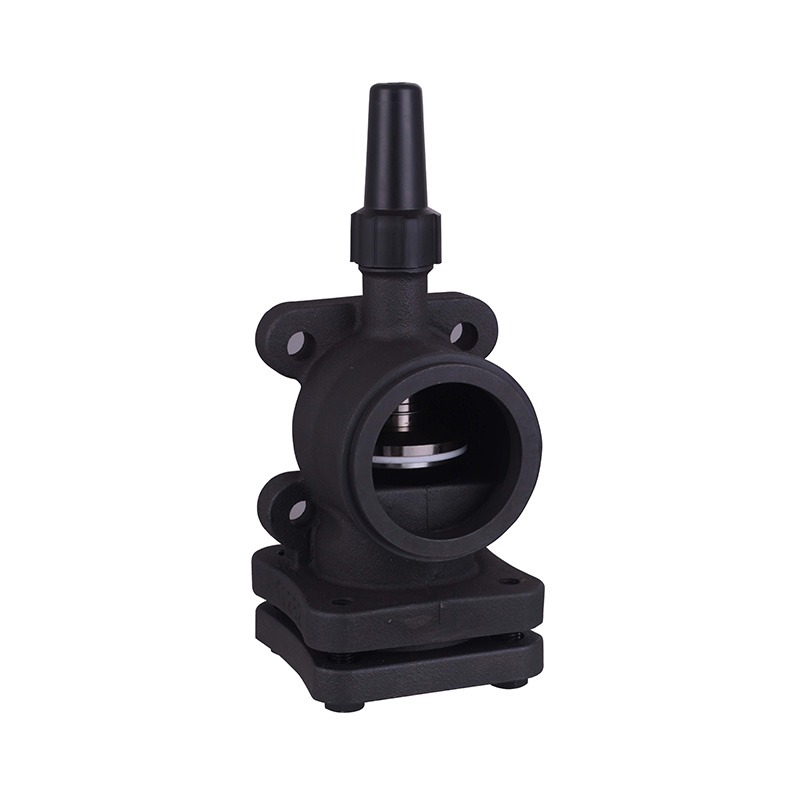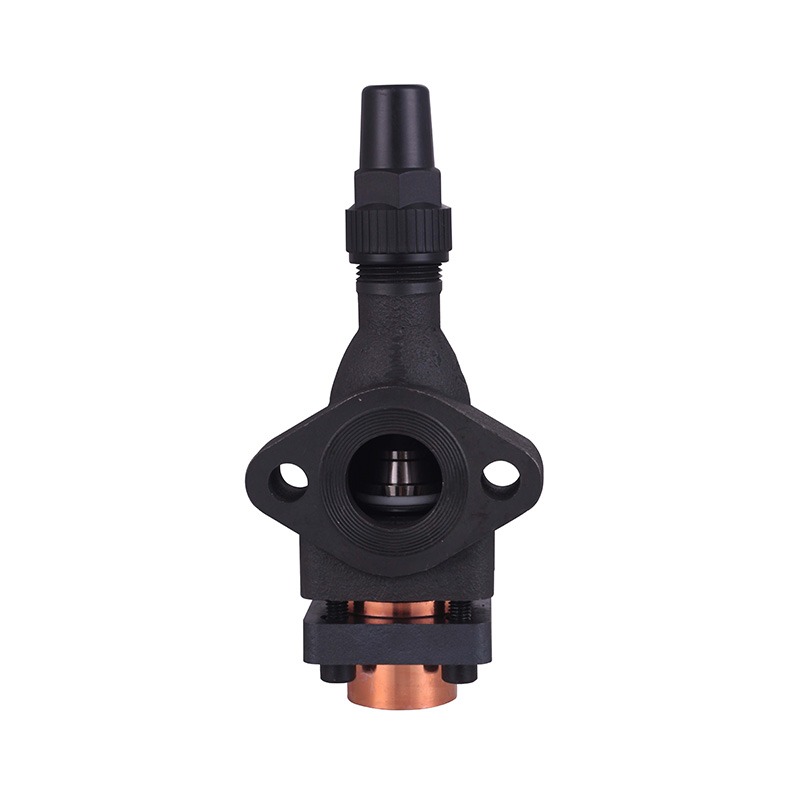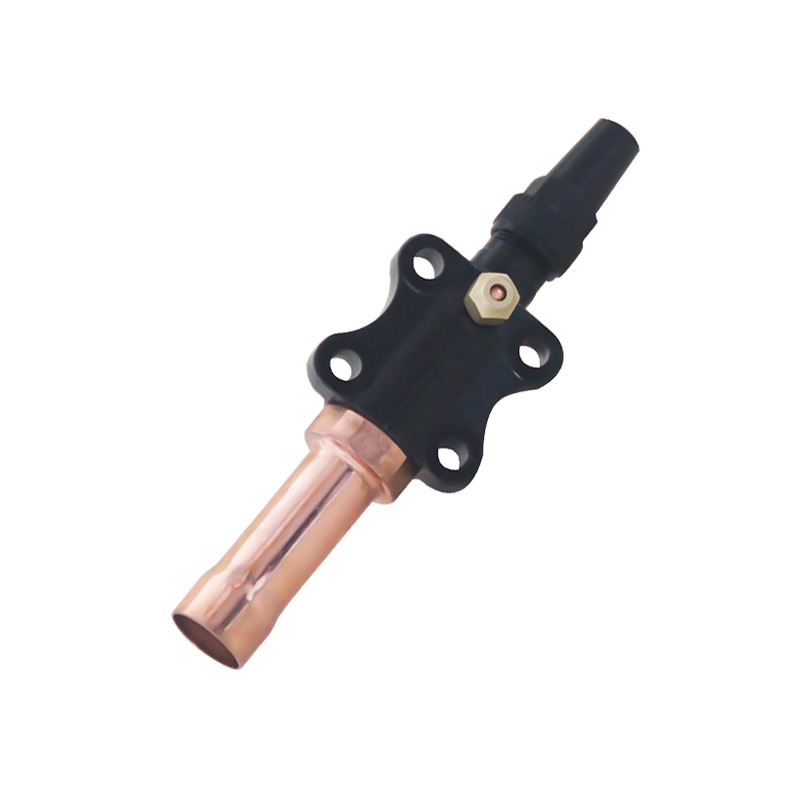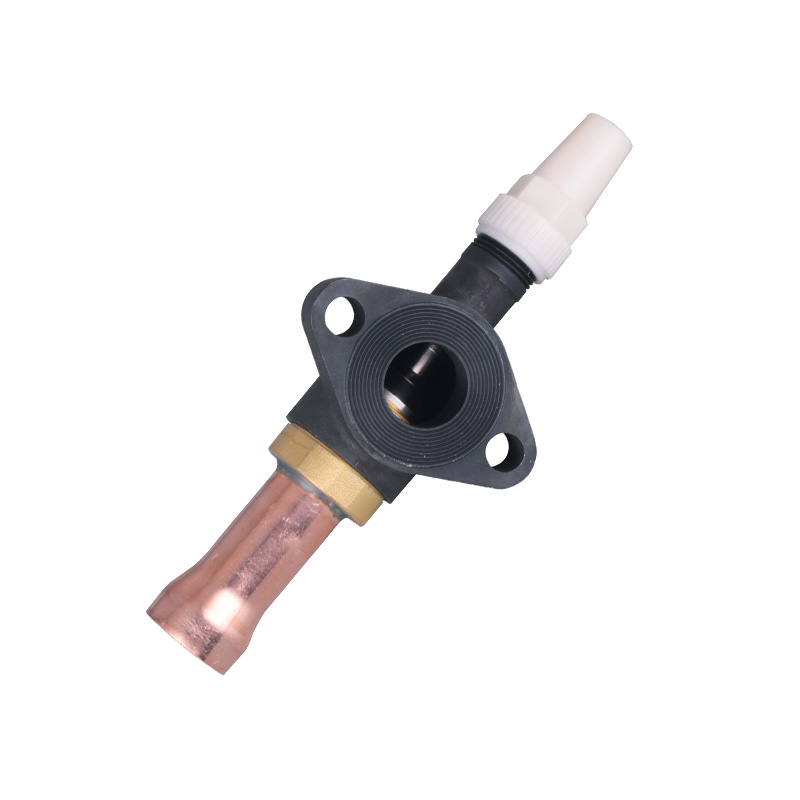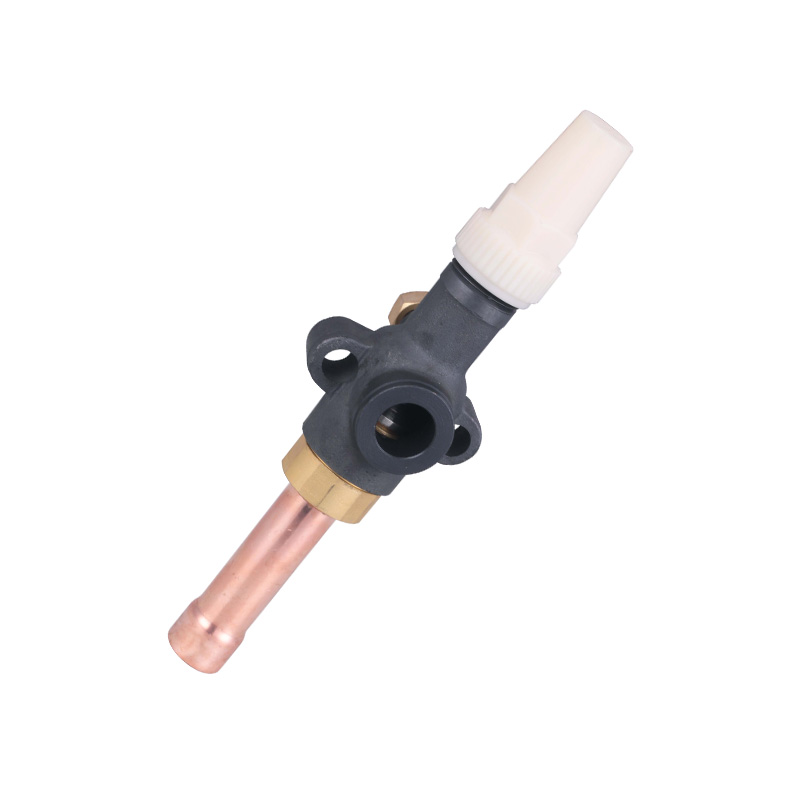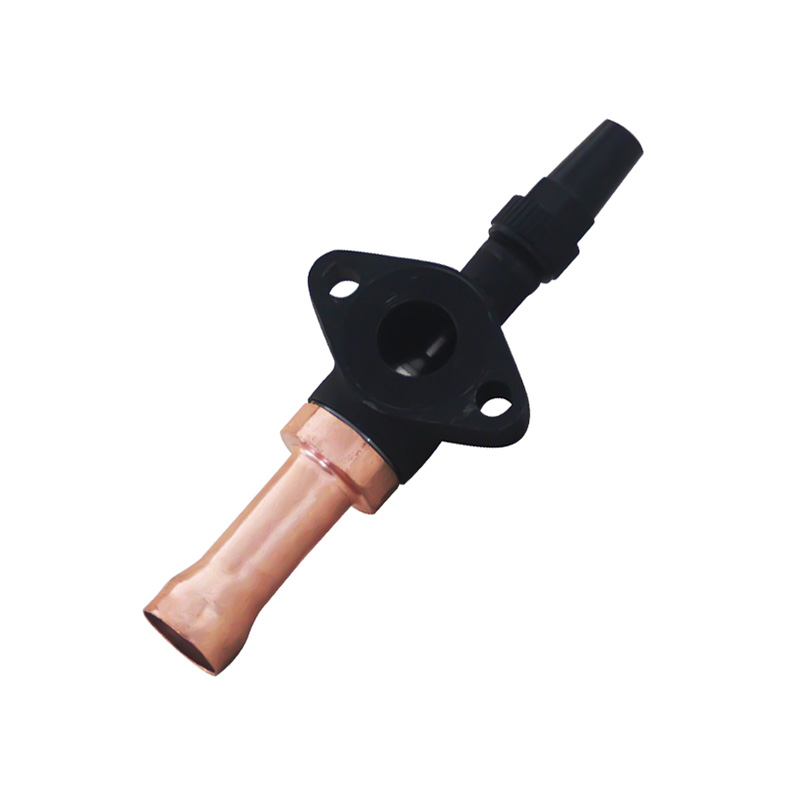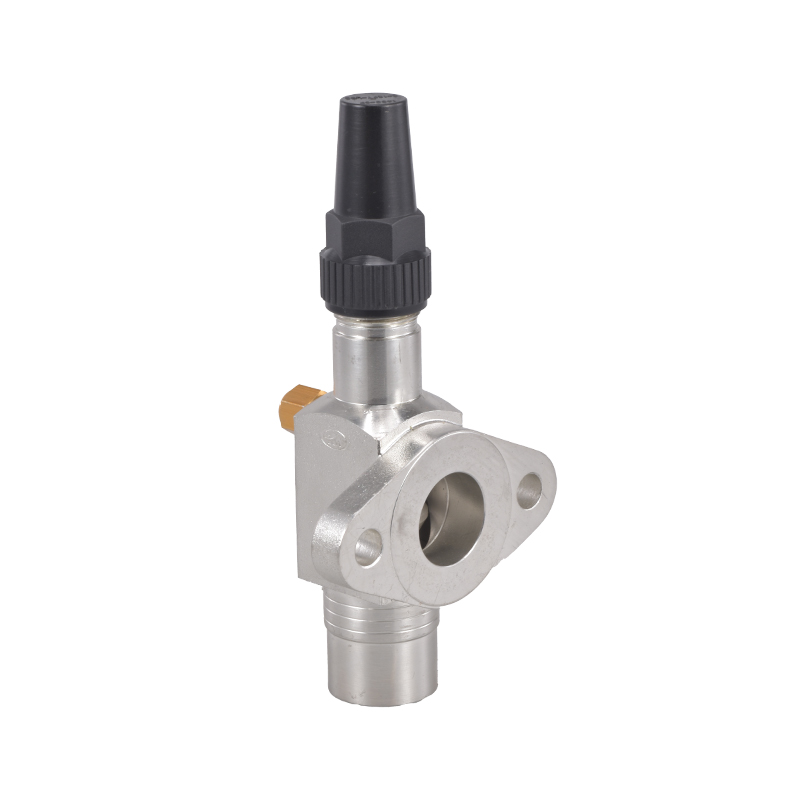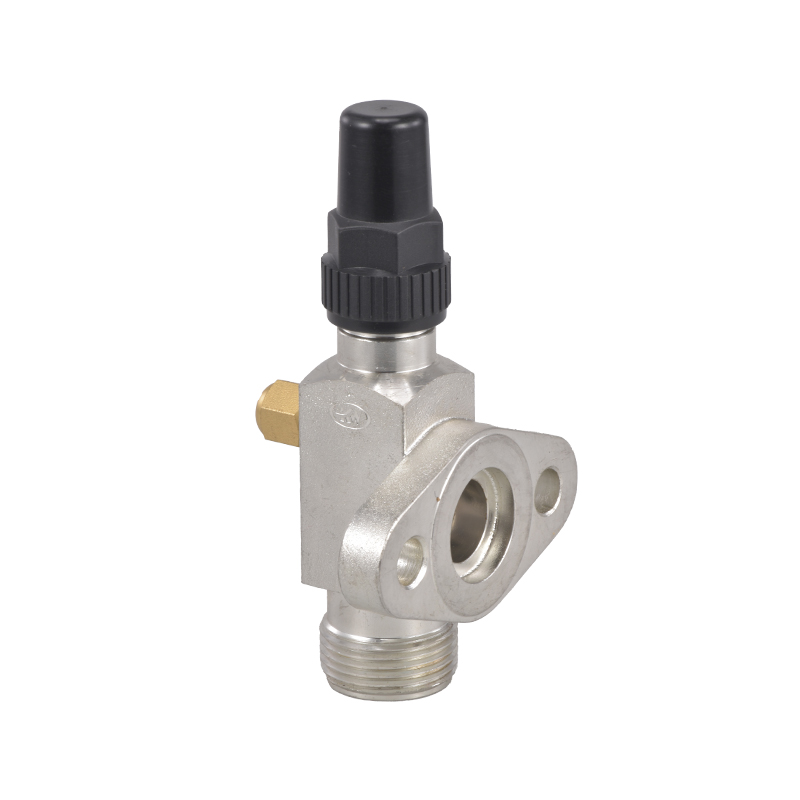How Does a High Flow Solenoid Valve Improve Industrial Process Efficiency?
 By Admin
By Admin
The Role of High Flow Solenoid Valves
A high flow solenoid valve is a type of valve that uses an electromagnetic coil to control the flow of fluid through a pipe. When an electric current is applied to the coil, it generates a magnetic field that moves a plunger or a diaphragm, opening or closing the valve. This allows for precise control over the flow rate, pressure, and direction of the fluid. High flow solenoid valves are specifically designed to handle large volumes of fluid quickly, making them ideal for applications where rapid response and high throughput are critical.
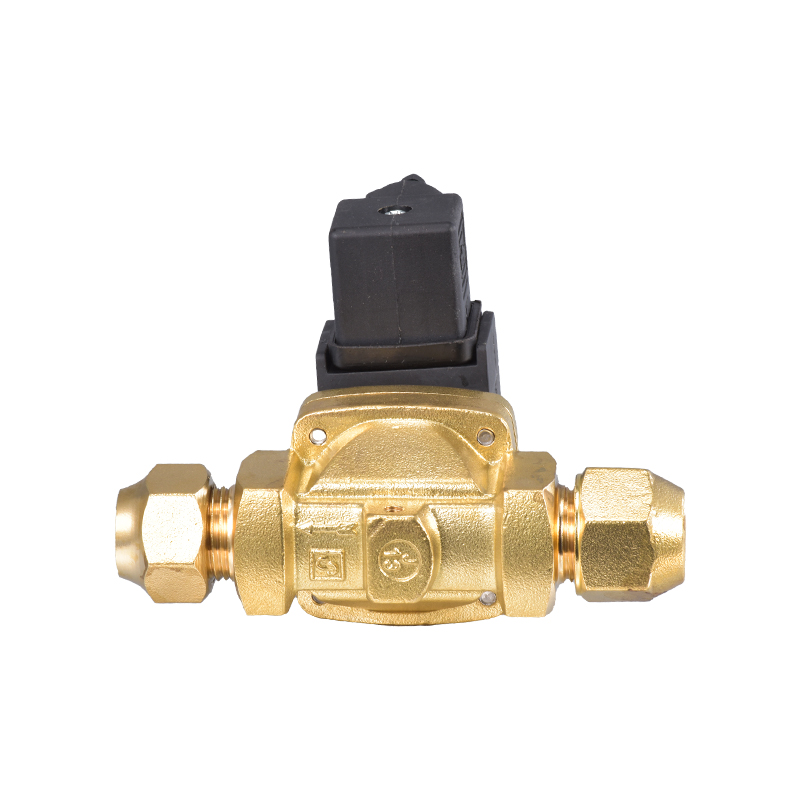
Fast Acting Solenoid Valves: The Key to Efficiency
One of the primary advantages of high flow solenoid valves is their ability to act quickly. These valves, often referred to as fast acting solenoid valves, can open and close in a matter of milliseconds. This rapid response time is crucial in industrial processes where precise timing is essential. For example, in chemical processing plants, the ability to quickly shut off the flow of a hazardous chemical can prevent accidents and ensure worker safety. Similarly, in food and beverage production, precise control over the flow of ingredients can improve product quality and consistency.
Fast acting solenoid valves also contribute to energy savings. By opening and closing quickly, they minimize the amount of time the valve is open, reducing the energy required to maintain the flow. This can cause significant cost savings over time, especially in large-scale industrial operations.
High Flow, High Pressure: The Dual Benefits
Another key feature of high flow solenoid valves is their ability to handle high pressure. These valves, often called high pressure solenoids, are designed to withstand significant pressure differentials without compromising performance. This makes them ideal for applications in industries such as oil and gas, where high-pressure fluids are common.
The combination of high flow and high pressure capabilities means that high flow solenoid valves can handle large volumes of fluid quickly and efficiently. This is particularly important in processes that require rapid cycling, such as hydraulic systems and pneumatic tools. By ensuring that fluid flows smoothly and without interruption, these valves can significantly improve the overall efficiency of the system.
Enhancing Process Control and Automation
In modern industrial processes, automation is key to achieving improve efficiency. High flow solenoid valves are easily integrated into automated systems, allowing for precise control over fluid flow through programmable logic controllers (PLCs) and other automation technologies. This level of control ensures that processes run smoothly and consistently, reducing the risk of errors and downtime.
For example, in an automotive manufacturing plant, high flow solenoid valves can be used to control the flow of coolant in the engine assembly line. By automating the valve operation, the plant can ensure that the coolant is delivered at the precise rate and pressure required, improving the quality and reliability of the engines produced.
Durability and Reliability
Industrial processes often involve harsh environments and demanding conditions. High flow solenoid valves are designed to withstand these challenges, ensuring long-term reliability and minimal maintenance. These valves are typically constructed from durable materials such as stainless steel and brass, which can resist corrosion and wear.
The robust design of high flow solenoid valves also means that they can handle a wide range of fluids, including those with abrasive or corrosive properties. This versatility makes them suitable for a variety of industries, from pharmaceuticals to mining.




 English
English русский
русский Deutsch
Deutsch
